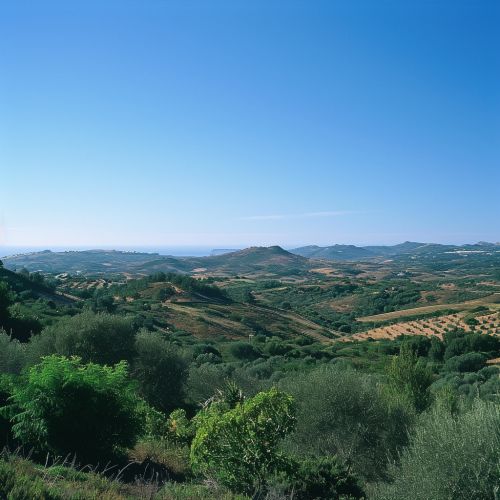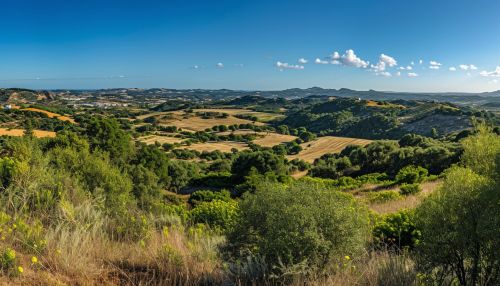Algarve
Geography
The Algarve is the southernmost region of mainland Portugal. It has an area of 4,997 square kilometers with 451,006 permanent inhabitants, and incorporates 16 municipalities. The region has its administrative center in the city of Faro, where both the region's international airport (FAO) and public university (the University of the Algarve) are located.


Climate
The Algarve features a Mediterranean climate with hot, dry summers and mild, wet winters. The region enjoys one of the most stable climates in the world, with its moderate weather influenced by both the Atlantic and Mediterranean seas and its proximity to North Africa. Temperatures in the summer months can exceed 30°C, with temperatures in the winter rarely dropping below 15°C.
History
The history of the Algarve traces back to the Neolithic period, with archaeological sites dating back to 1000 BC. The region was inhabited by the Celts and the Phoenicians, before becoming a part of the Roman Empire. The Romans were followed by the Visigoths and the Byzantines. The Moors from North Africa invaded in the 8th century, leaving a strong Islamic influence on the architecture and culture of the region.
Economy
The Algarve's economy relies heavily on tourism, which has grown to be the largest sector. The region's warm climate, beautiful coastline, well-maintained historical sites, and golf courses attract visitors from all over the world. In addition to tourism, other sectors of the economy include agriculture, fishing, and aquaculture.
Culture
The Algarve is rich in culture and tradition, with influences from the Romans and Moors still visible today. The region is known for its handicrafts, such as ceramics and copperware, as well as its traditional music, known as "fado". The Algarve is also famous for its cuisine, which includes dishes such as cataplana (a seafood stew), and desserts such as Dom Rodrigo, a traditional dessert made from eggs and almonds.
